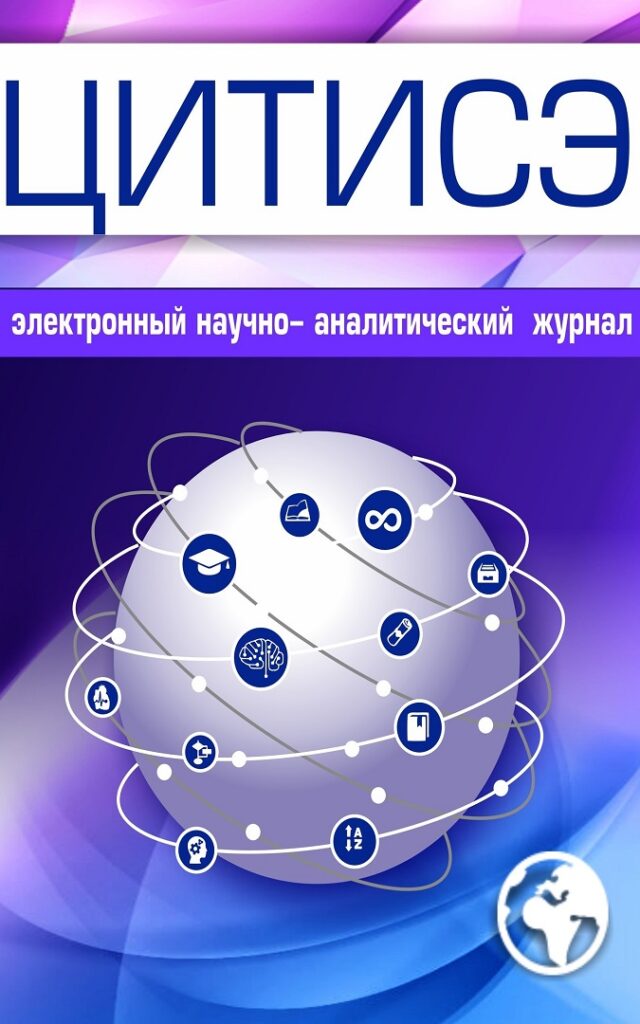Stepina M., Davydova Yu.
SHAPING RUSSIA’S POLITICAL COURSE IN THE CONTEXT OF A PANDEMIC
UDC 323.2
Abstract. In the article, on the example of the Russian Federation, the model of constructing a political course in the conditions of the COVID-19 pandemic is considered. As markers for determining the effectiveness of the chosen model of political management, the timeliness of the restrictions imposed, the percentage of testing the population for virus detection, economic support of the population and the degree of consolidation of society are highlighted. Based on this analysis, the timeliness of the introduction of restrictive measures in the Russian Federation compared to the United States, where isolation was delayed and could not contain the spread of coronavirus infection, is noted. The article concludes that citizens’ assessment of the level of economic support during the period of isolation is insufficiently high, it is noted that vaccination causes a negative response from the population. It is stated that the model of the political course chosen in the conditions of the pandemic needs some adjustment in order to strengthen the consolidation of society in the face of new challenges.
Keywords: political course in a pandemic, coronavirus infection, models of political governance
References:
1. Decree of the Government of the Russian Federation of March 27, 2020 No. 346 (ed. 08.09.2020) “On the minimum and maximum amounts of unemployment benefits for 2020” // Official website of the Government of the Russian Federation. – 2020. No.1.
2. Alasania K. Yu. Philosophical concept of bio-power: origins and prospects // Bulletin of the Moscow University. Series 7. Philosophy. 2018. No. 4. pp. 70-77.
3. Anpilov S. M., Sorochaykin A. N. Russia in the post-pandemic world //Management of socio-economic development of society. 2020. No. 2(21). pp. 24-30.
4. Boronina, L. V. Quality of life of the population: assessment of the state and ways of improvement / under the general ed. by L. V. Boronina. – Volgograd: Volgograd Scientific Publishing House, 2015. – 156 p.
5. Grishin, V.I. et al. Life after a pandemic: economic and social consequences // Bulletin of the Plekhanov Russian University of Economics. 2020. No. 3. pp. 15-18.
6. Evseev V. O. The mechanism of resolving contradictions and the political system of society // Socio-political sciences. 1990. No. 9. p. 77.
7. Kargapolova E. V. Social well-being of the population: regional aspect // Bulletin of the Tyumen State University. Ser. Sociology. 2011. No. 8. pp. 80-86.
8. Analysts estimated real unemployment twice as high as official [Electronic resource] / FinExpertiza. – 2020-2021. – Electron. dan. – Access mode: https://finexpertiza.ru/press-service/researches/2020/real-bezrabotitsa /. (accessed: 05.07.2021).
9. Self-isolation regime has been introduced in 26 regions of Russia [Electronic resource] / RIA Novosti. – 2020-2021. – Electron. dan. – Access mode: https://ria.ru/20200331/1569375432.html . (date of address: 05.07.2021).
10. “Virtual rallies” were held in Moscow, St. Petersburg and Rostov [Electronic resource] / RIA Novosti. – 2020-2021. – Electron. dan. – Access mode: https://www.rbc.ru/rbcfreenews/5e9dbbba9a79477c30d257c5 . (accessed: 05.07.2021).
11. Russian business has shown the strongest drop in profits in 16 years [Electronic resource] / FinExpertiza. – 2020-2021. – Electron. dan. – Access mode: https://finexpertiza.ru/press-service/researches/2020/padenie-pribyli-za-16-let /. (date of application: 05.07.2021).
12. Russia is creating up to 100 thousand test systems for detecting COVID-19 per day [Electronic resource] / RT in Russian. – 2005-2021. – Electron. dan. – Access mode: https://russian.rt.com/russia/news/728960-rossiya-test-sistemy-koronavirus . (accessed: 05.07.2021).


